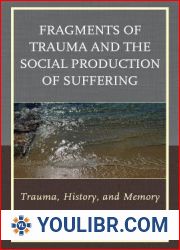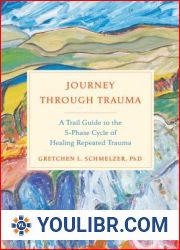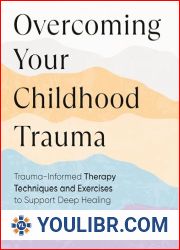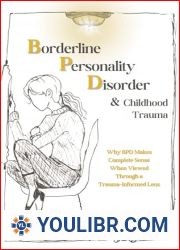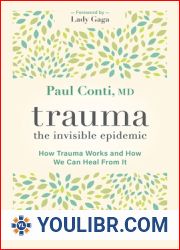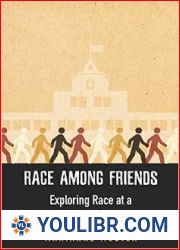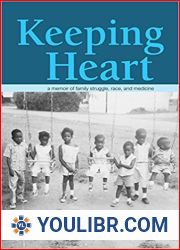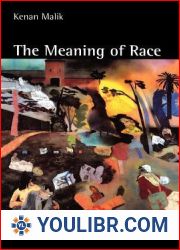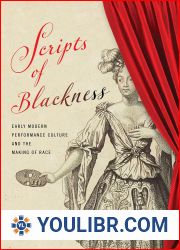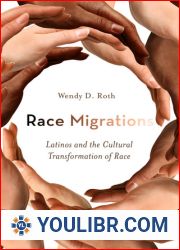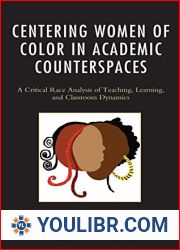
BOOKS - Race, Trauma, and Home in the Novels of Toni Morrison


US $9.73

782438

782438
Race, Trauma, and Home in the Novels of Toni Morrison
Author: Evelyn Jaffe Schreiber
Year: 2010
Format: PDF
File size: PDF 2.7 MB
Language: English
Year: 2010
Format: PDF
File size: PDF 2.7 MB
Language: English
In this first interdisciplinary study of all nine of Nobel Laureate Toni Morrison s novels Evelyn Jaffe Schreiber investigates how the communal and personal trauma of slavery embedded in the bodies and minds of its victims lives on through successive generations of African Americans Approaching trauma from several cutting edge theoretical perspectives psychoanalytic neurobiological and cultural and social theories Schreiber analyzes the lasting effects of slavery as depicted in Morrison s work and considers the almost insurmountable task of recovering from trauma to gain subjectivity With an innovative application of neuroscience to literary criticism Schreiber explains how trauma whether initiated by physical abuse dehumanization discrimination exclusion or abandonment becomes embedded in both psychic and bodily circuits Slavery and its legacy of cultural rejection create trauma on individual familial and community levels and parents unwittingly transmit their trauma to their children through repetition of their bodily stored experiences Concepts of home whether a physical place community or relationship are reconstructed through memory to provide a positive self and serve as a healing space for Morrison s characters Remembering and retelling trauma within a supportive community enables trauma victims to move forward and attain a meaningful subjectivity and selfhood Through careful analysis of each novel Schreiber traces the success or failure of Morrison s characters to build or rebuild a cohesive self starting with slavery and the initial postslavery generation and continuing through the twentieth century with a special focus on the effects of inherited trauma on children When characters attempt to escape trauma through physical relocation or to project their pain onto others through aggressive behavior or scapegoating the development of selfhood falters Only when trauma is confronted through verbalization and challenged with reparative images of home can memories of a positive self overcome the pain of past experiences and cultural rejection While the cultural trauma of slavery can never truly disappear Schreiber argues that memories that reconstruct a positive self whether created by people relationships a physical place or a concept help Morrison s characters to establish subjectivity A groundbreaking interdisciplinary work Schreiber s book unites psychoanalytic neurobiological and social theories into a full and richly textured analysis of trauma and the possibility of healing in Morrison s novels










